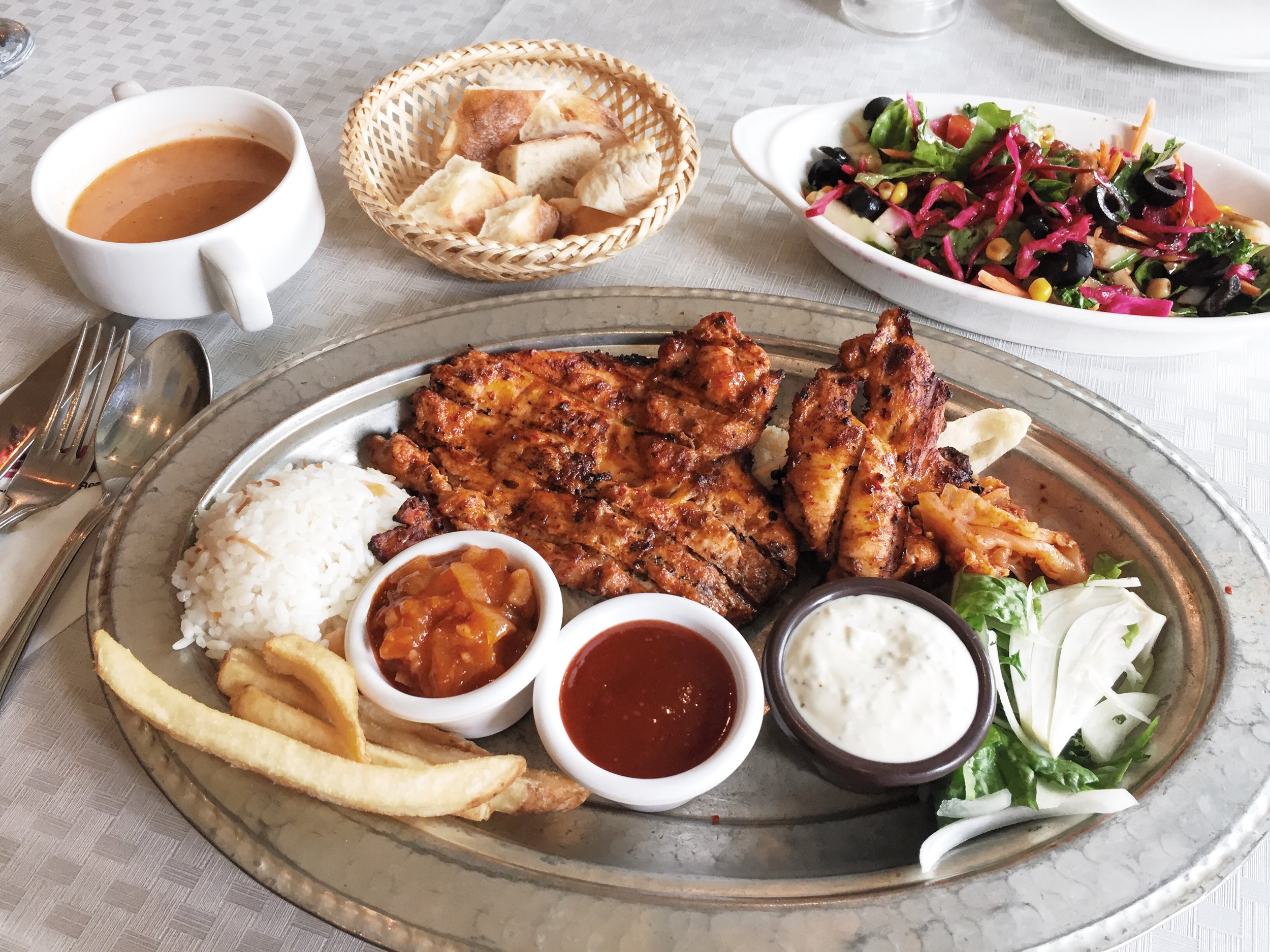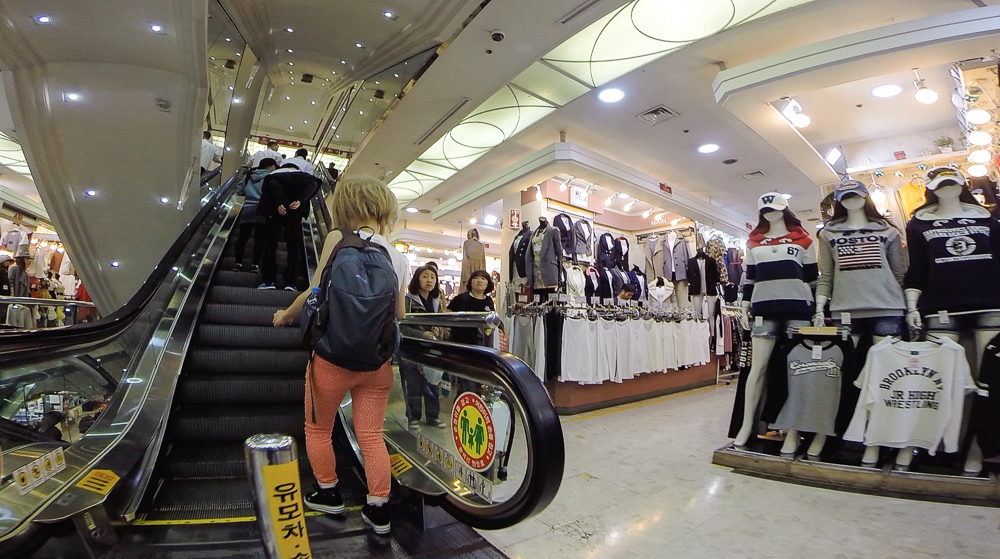Where does one eat the tastiest nengmyun (cold Korean noodles)? Taekwon Do and his cousin Yoonah go on a culinary marathon to find out. They try three types of nengmyun dishes back-to-back. Delicious cold noodle shops are scattered throughout Seoul, however Nengmyun Street is densely packed with them! Watch the KWOW episode for full restaurant reviews:
THE FEATURED RESTAURANTS:
Round 1: Ojang-dong Heungnamjip (오장동흥남집)
Address: 101-7 Gwanghui-dong, Jung-gu, Seoul (서울특별시 중구 오장동 101-7)
Phone: 02-2266-0735 / 02-2272-7117
Hours: 11am-9:30pm, closed 2nd & 4th Wednesday every month
Round 2: Ojang-dong Hamheung Naengmyeon (오장동 함흥냉면)
Address: 90-10 Gwanghui-dong, Jung-gu, Seoul (서울특별시 중구 오장동 90-10)
Phone: 02-2267-9500 / 02-2268-8500
Hours: 11am-9pm, closed 1st and 3rd Tuesdays every month
Round 3: Ojang-dong Sinchang Myun-ok (오장동 신창면옥)
Address: 90-8 Gwanghui-dong, Jung-gu, Seoul (서울 중구 오장동 90-8)
Phone: 02-2273-4889
Hours: 10:30am-10pm, closed 1st and 3rd Mondays every month








































